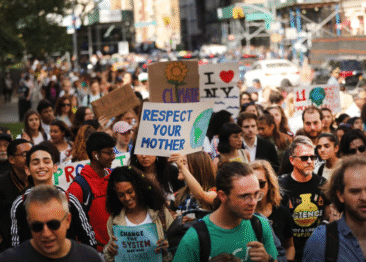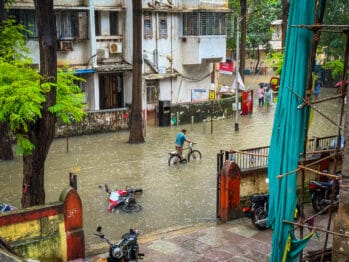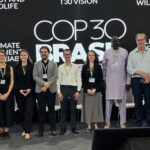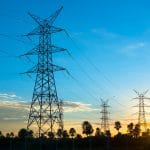By Amy Harder
Guyana is racing ahead on oil production and wealth since Exxon struck crude off its coast a decade ago.
Why it matters: The South American nation, about the size of Idaho, shows how quickly oil money can transform — and test — a country.
State of play: A new episode of the “Shocked” podcast explores how oil cash is reshaping Guyana and then zooms to Texas to see similar forces at work.
The big picture: This newfound oil is catapulting Guyana to the top of the world’s economic growth.
- The IMF says Guyana led the world with an average 47% real GDP growth from 2022 to 2024, propelled by Exxon’s offshore projects.
Reality check: Challenges persist, of course, including an ongoing border dispute with Venezuela and charges of corruption, which the oil wealth risks exacerbating.
- Guyana also boasts one of the world’s largest virgin forests, which allows it to keep describing itself as “net zero” despite rapidly growing oil production.
Friction point: We reference a heated BBC interview with President Irfaan Ali last year.
- Asked if the nation’s forests give it a right to drill for oil, Ali responds: “Does that give you the right to lecture us on climate change? I want to lecture you on climate change.”
- In a related exchange about Greenpeace, Ali says: “Who is going to pay for the development and advancement of our country? Are you going to pay? It’s not coming from anywhere. It’s not coming from Greenpeace or anyone else.”
Follow the money: Let’s share two strikingly different figures:
- $1.8 billion: That’s how much the World Bank has given Guyana from 1969 to 2024, the latest available number (adjusted for inflation), according to the University of Chicago’s Institute for Climate and Sustainable Growth. Most was loaned for specific purposes, so it’ll have to be paid back.
- $6.3 billion: This is what Guyana has earned by allowing Exxon to drill for its oil from 2019 to 2024.
What they’re saying: Guyanese residents told our partner reporter that the boom is building hospitals and apartments and funding scholarships — but also raising prices.
What’s next: The second half of the podcast takes us to Midland, Texas, to see how oil wealth shapes life closer to home.
Editor’s note: This article was written partly based on content from the “Shocked” podcast, which was created by a team including experts at the University of Chicago’s Institute for Climate and Sustainable Growth and producers at Magnificent Noise. Amy is also the institute’s inaugural journalism fellow.
























